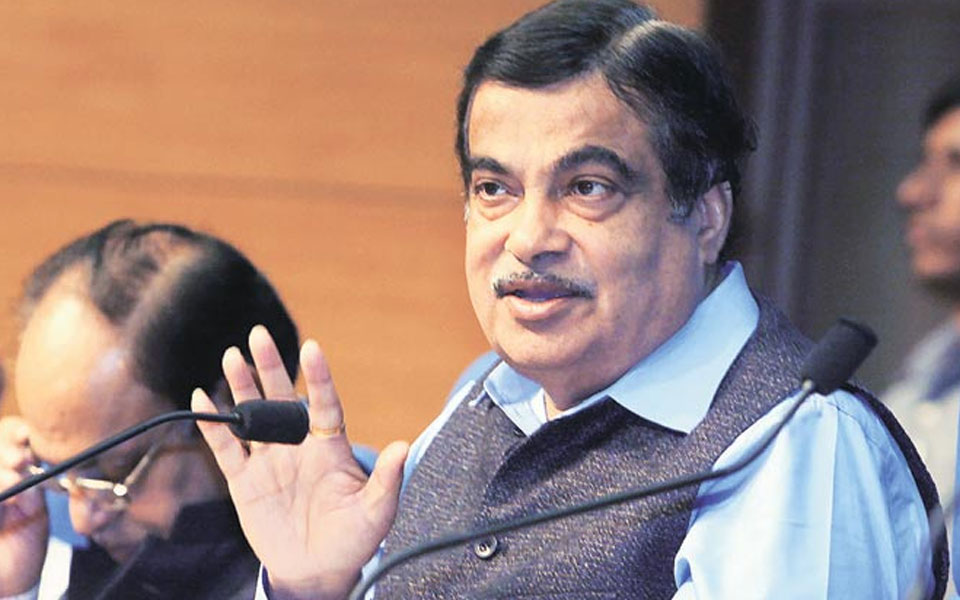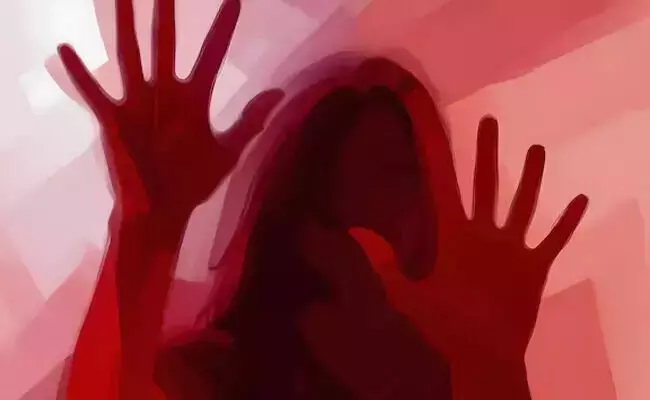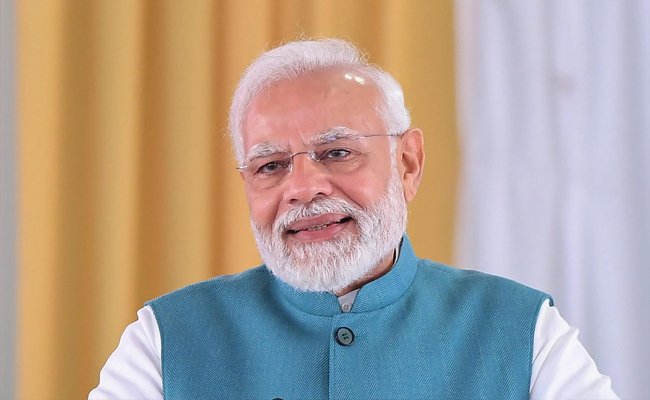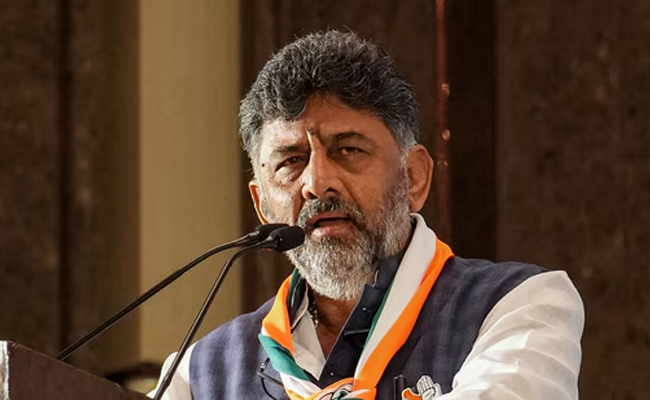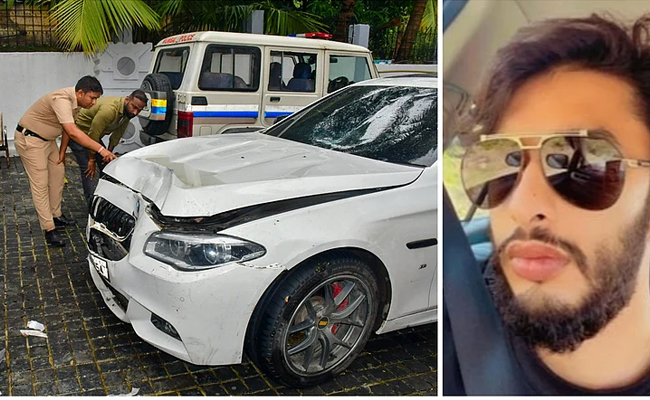New Delhi, Dec 24 : Tolerance is a crucial aspect of the Indian culture which has taken in people from different countries after they migrated here, Union minister Nitin Gadkari said here Monday.
The minister's remarks come amid a raging debate on actor Naseeruddin Shah's statement on mob violence in the country.
Delivering the 31st endowment lecture of the Intelligence Bureau, Gadkari said unity and diversity is an integral part of the Indian culture.
"Justice for all and appeasement of none... It's a fact that an individual is considered great because of his or her religion, caste, language and but his quality and productivity," he said.
The minister said politics is an instrument of socioeconomic change.
"Winning elections is important but if socioeconomic transformation does not take place... progress of country and society does not take place, then you getting elected and the incumbent getting defeated has no meaning," he said.
Highlighting the need for collective decision making among bureaucrats, the minister said taking views of juniors is not in the system.
"Discussing issues with juniors, taking their suggestions, involving them in discussions, listening to them gives a better ground report," he said.
The senior BJP leader said it is very important to take people together.
"People must have collective spirit. It is important to take people together. You can be very good and very impressive but if you do not have people to support you, what is the use?" he said.
Lauding the efforts of the "silent and tireless" role of the IB in making the country a secure and safe place, Gadkari said it is the aim of all of us to work for comprehensive and all-round development of the country.
Stating that nobody is born evil or perfect, Gadkari said police can play a key role in converting the incarcerated into contributors for society's welfare.
The minister also denounced the culture of "not taking decisions" among bureaucrats to avoid any inquiry.
Gadkari said performance audit is a better alternative to financial audit to evaluate the managerial and administrative ability of officials.
He said though transparency is equally important, but it must accompany time-bound decision making and delivery.
The Intelligence Bureau completed 100 years of its existence in 1987 and celebrated 1988 as its centenary year. On December 23, 1887, the Central Special Branch was set up under orders issued in London by the Secretary of State for India. The Central Special Branch was renamed as the Criminal Intelligence Bureau and, thereafter, as the Intelligence Bureau, MHA spokesperson said in a statement.
Let the Truth be known. If you read VB and like VB, please be a VB Supporter and Help us deliver the Truth to one and all.
Gorakhpur (PTI): A hospital employee was booked for allegedly sexually assaulting a woman in the pretext of an ultrasound test here in the district women's hospital, police said on Saturday.
According to the complaint, the woman, a resident of the Gulriha area, visited the district women's hospital on Thursday morning for an ultrasound test.
She was directed to a room, where Abhimanyu Gupta was conducting ultrasounds. When her turn came, the accused allegedly stared at her and told her to remove all her clothes, claiming it was necessary for the test and that a massage would also be required, she said.
ALSO READ: UP: Girl kidnapped, raped multiple times over 25 days; accused held
The woman alleged that once she complied, the accused began making obscene advances and tried to force himself on her. When she screamed, he allegedly gagged her, abused her and threatened to kill her before pushing her out of the room.
She said her complaints within the hospital went unheard, forcing her to approach the police.
Taking cognisance of the complaint, the hospital administration constituted a three-member inquiry committee, officials said.
Senior consultant (paediatrics) Dr Jay Kumar said, "The woman has levelled serious allegations against a staff member. Senior officials have been informed, and a departmental inquiry is underway. Strict action will be taken if the charges are proved."
Kotwali Station House Officer Chatrapal Singh said a case has been registered, and efforts are on to nab the accused.

